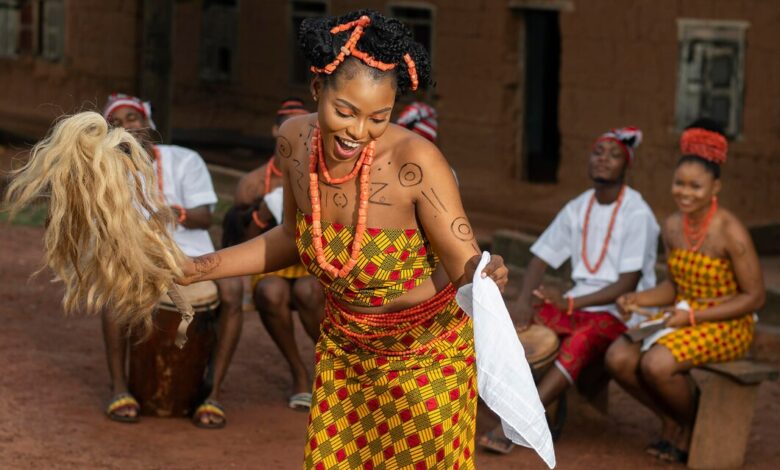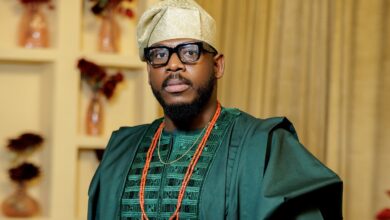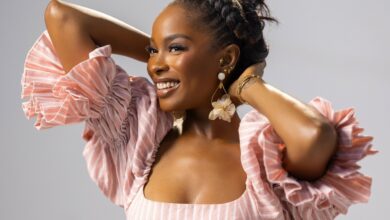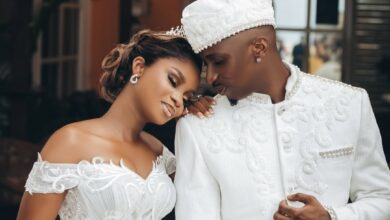Top 10 Cultural Events in Nigeria

Nigeria, with its diverse ethnic groups and rich cultural tapestry, celebrates a myriad of festivals and events throughout the year. These events are not only a showcase of tradition and heritage but also a vibrant expression of community spirit and unity. Here’s a look at the top 10 cultural events in Nigeria that highlight the country’s cultural richness:
1. Osun-Osogbo Festival
The Osun-Osogbo Festival, held annually in Osogbo, Osun State, is a UNESCO-recognized event that celebrates the river goddess Osun. It features colorful processions, prayers, sacrifices, and artistic performances. The high point is the cleansing of the sacred Osun Grove and the blessing of participants.
2. Durbar Festival
The Durbar Festival is celebrated in several northern Nigerian cities, including Kano, Katsina, and Zaria. It marks the end of Ramadan and Eid celebrations with colorful parades of horses, camels, and regal displays of traditional attire. It showcases the region’s rich cultural heritage and martial traditions.
3. Eyo Festival
The Eyo Festival, known as the “Adamu Orisha Play,” is a vibrant cultural event held in Lagos. It honors the life and death of prominent Lagosians with masquerades dressed in white flowing robes, hats, and painted faces parading through the streets. It’s a unique spectacle that attracts locals and tourists alike.
4. New Yam Festival (Iri Ji Ohuu)
The New Yam Festival is celebrated across various Igbo communities to mark the beginning of the yam harvest season. It involves rituals, cultural performances, feasting, and traditional dances. The festival emphasizes the importance of yams in Igbo culture and expresses gratitude to the gods for a bountiful harvest.
5. Argungu Fishing Festival
The Argungu Fishing Festival, held in Argungu, Kebbi State, is one of Nigeria’s most famous cultural events. It features thousands of fishermen competing to catch the largest fish in the Matan Fada River using traditional methods. The festival also includes cultural displays, music, and dance performances.
6. Olojo Festival
The Olojo Festival, celebrated in Ile-Ife, Osun State, honors the Yoruba god Ogun and the creation of the world. It includes a series of rituals performed by the Ooni of Ife, cultural performances, and the appearance of the “Ade Aare” (crown) worn by the Ooni, signifying his ancestral and spiritual connections.
7. Sango Festival
The Sango Festival, dedicated to the Yoruba god of thunder and lightning, Sango, is celebrated in Oyo town, Oyo State. It involves colorful processions, drumming, dancing, and rituals to honor Sango’s legendary deeds and powers. The festival highlights the enduring influence of Yoruba religion and culture.
8. Lagos International Jazz Festival
The Lagos International Jazz Festival, held annually in Lagos, brings together jazz musicians from Nigeria and around the world. It celebrates the universal appeal of jazz music while promoting cultural exchange and artistic collaboration. The festival features performances, workshops, and masterclasses.
9. Igue Festival
The Igue Festival is celebrated by the Benin people of Edo State to honor the Oba of Benin and ancestral spirits. It involves spiritual rituals, cultural performances, and the blessing of the kingdom by the Oba. The festival showcases Benin’s rich cultural heritage and traditional governance.
10. Ofala Festival
The Ofala Festival is a colorful cultural event celebrated by the Igbo people, particularly in Anambra State, to honor the Obi (king) and celebrate royal ancestry. It features traditional dances, music, masquerades, and the display of royal regalia. The festival underscores the significance of royalty in Igbo culture.
In conclusion, Nigeria’s cultural events are vibrant expressions of its diverse ethnic groups, traditions, and spiritual beliefs. These festivals not only celebrate heritage but also foster unity, pride, and community spirit among Nigerians, showcasing the country’s rich cultural tapestry to the world.




